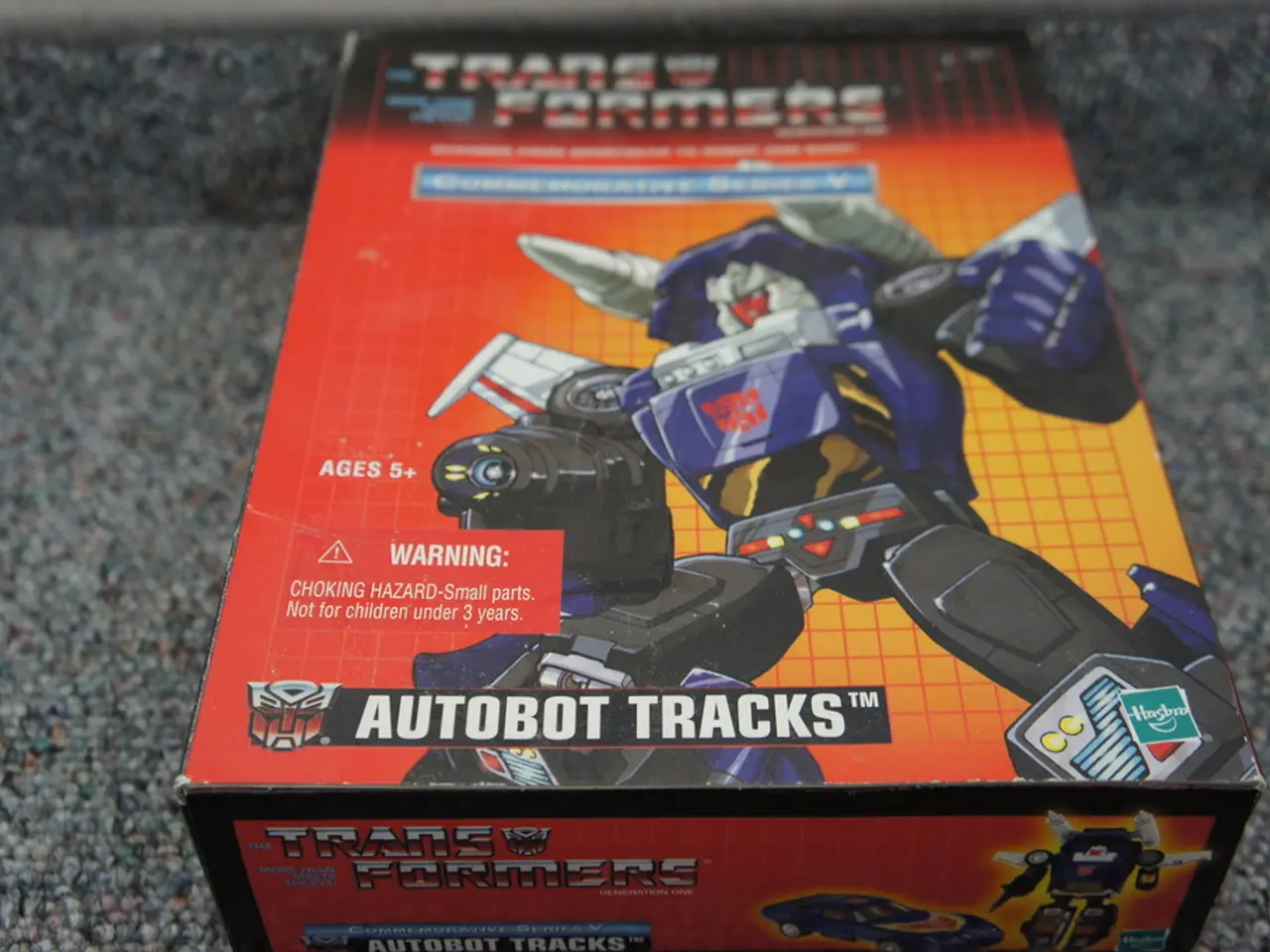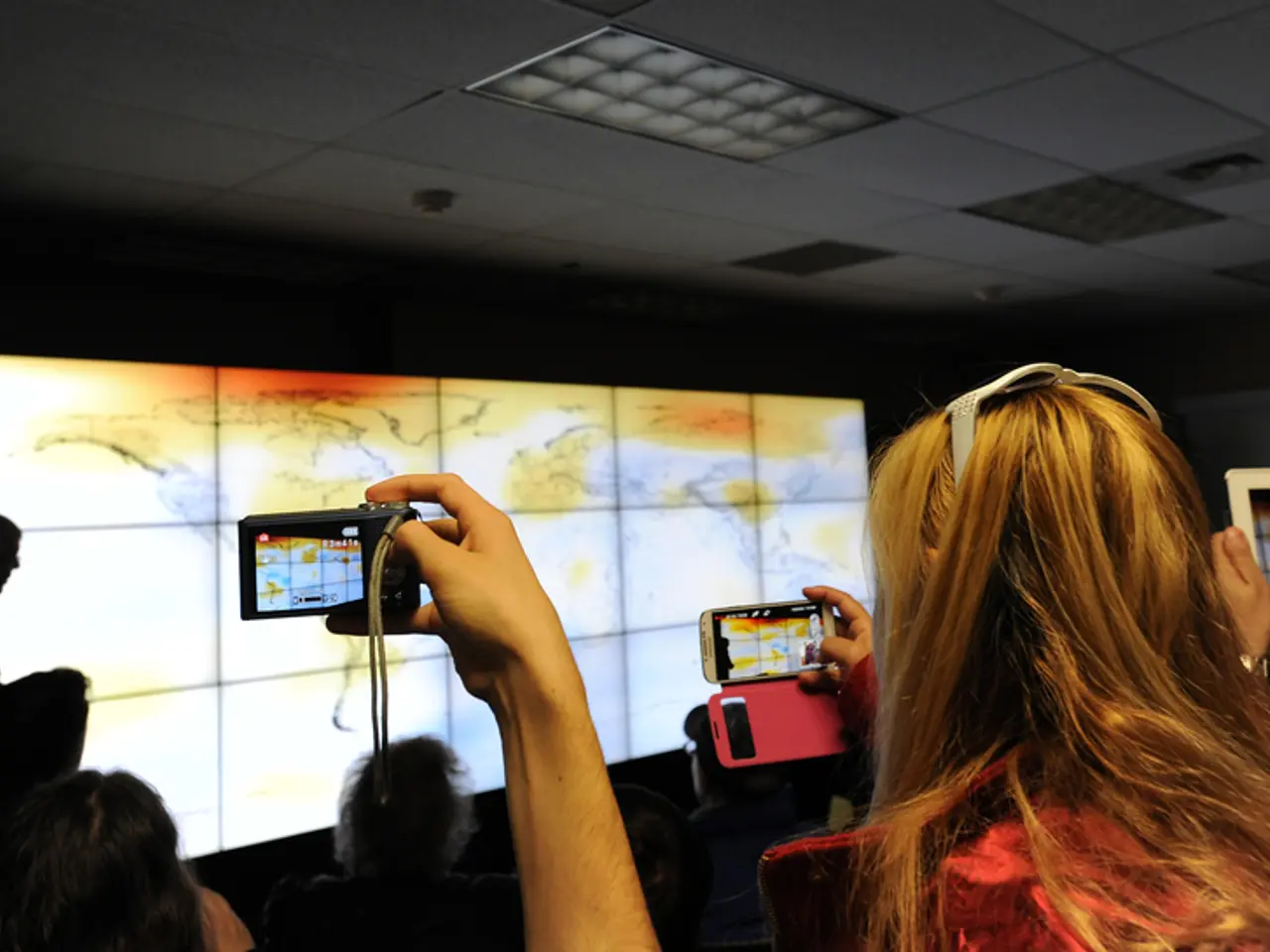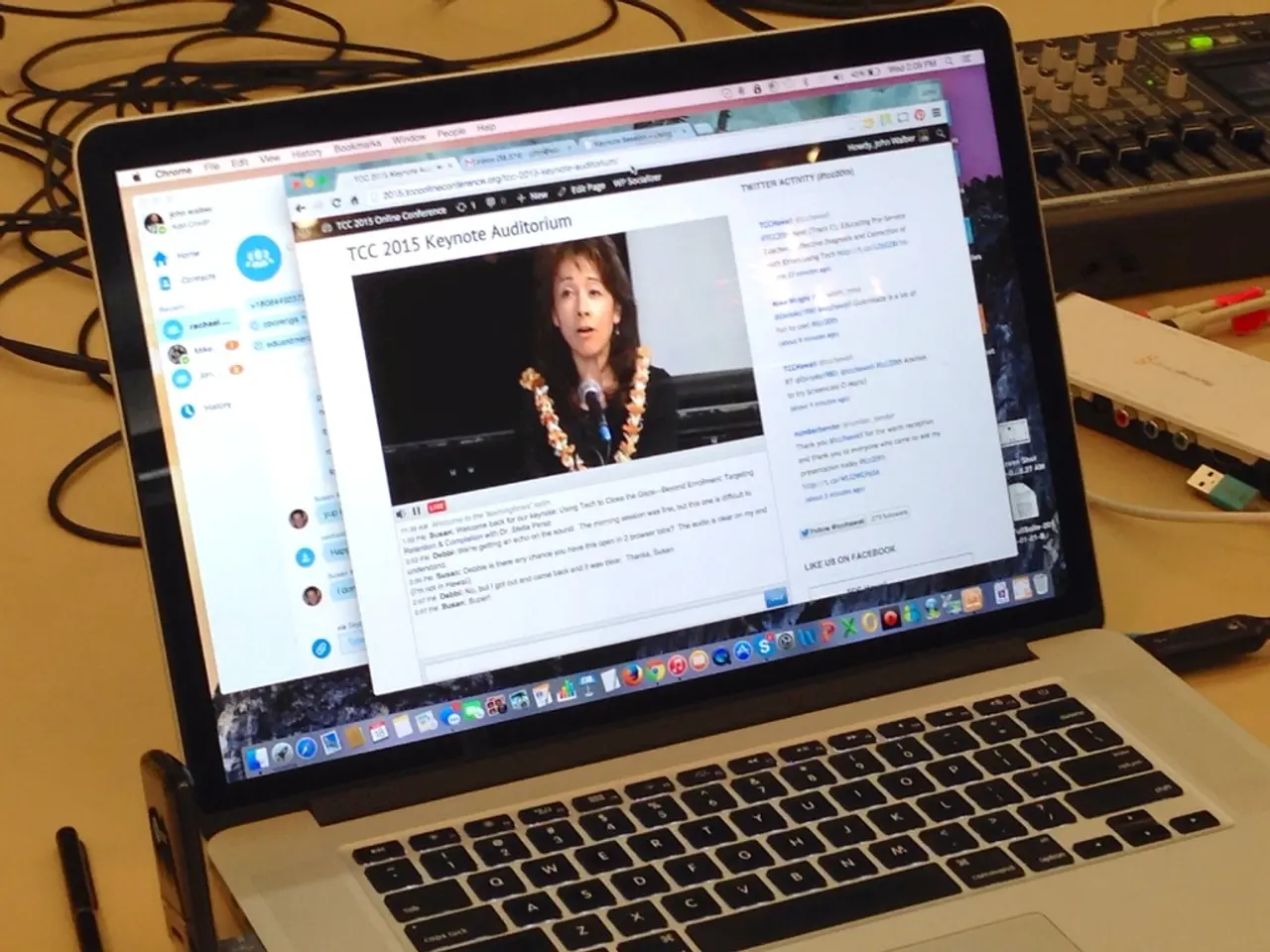Artificial Intelligence Leads Nearly Half of Businesses to Contemplate Staff Layoffs
The impact of Artificial Intelligence (AI) on the global workforce has intensified significantly over the past five years, with a sharp increase in employer plans for workforce reductions due to AI-driven automation. In 2025, 41% of global employers now plan to cut jobs because of AI automation, a fivefold increase over the rate seen in 2020.
This acceleration reflects a broader and faster-than-expected disruption affecting both entry-level roles and higher-skilled white-collar jobs, notably displacing many college graduates and business services workers.
Key changes from 2020 to 2025 include:
Magnitude of layoffs
In the U.S. alone, over 10,000 jobs reported cut in the first seven months of 2025 have been directly linked to generative AI adoption, placing AI among the top five reasons for workforce reductions this year. Overall layoffs announced in 2025 have surged to over 806,000, the highest for this period since 2020, with the tech sector hardest hit, accounting for over 89,000 job cuts, including 27,000 explicitly attributed to AI-related redundancies since 2023.
Focus on entry-level and junior roles
AI is increasingly automating tasks traditionally performed by junior and entry-level workers, shrinking opportunities for new graduates. Companies like Shopify have communicated hiring freezes explicitly because AI can perform those functions, and firms like McKinsey have deployed thousands of AI agents to take over routine tasks.
Shift beyond mere displacement
While some workforce reductions are directly linked to AI automation, part of the job cuts also fund reinvestment into AI capabilities. New job categories are emerging, including AI engineers, prompt specialists, and data scientists, though the overall labor market is in flux with routine administrative roles declining and demand spiking for sustainability-linked and AI/tech roles.
Global perspective
The Future of Jobs Report 2025 indicates that 86% of employers globally expect AI and data analytics to reshape their sectors, driving both significant job displacement (estimated 92 million roles automated) and creation (170 million new AI-related jobs by 2030). However, the near-term period is marked by urgent reskilling needs and challenges, including persistent age and gender divides.
In response to these changes, companies are taking various strategic actions, such as partnerships with or acquisitions of AI startups to accelerate development and fend off competitors. Proactive communication, responsible AI practices, and societal investments are being used to manage reputational risks.
Collaboration with industry peers, policymakers, and academia is being pursued to develop standards and share best practices. Workforce planning and hiring are being redesigned to focus on skills that complement rather than compete with AI.
The decisions made now will reverberate for decades and define what it means to be human in an age of AI. The impact of AI on the workforce in 2025 has intensified significantly compared to 2020, with a sharp increase in employer plans for workforce reductions due to AI-driven automation globally.
- The rapid advancement of Artificial Intelligence (AI) has led to a surge in business plans for workforce reductions due to AI-driven automation, with 41% of global employers planning to cut jobs in 2025.
- Over 806,000 layoffs were announced in 2025, the highest for this period since 2020, with the tech sector being the hardest hit.
- AI is significantly impacting the labor market by automating tasks traditionally performed by junior and entry-level workers, thereby shrinking opportunities for new graduates.
- While AI is causing job displacement, it also funds reinvestment into AI capabilities, leading to the emergence of new job categories like AI engineers, prompt specialists, and data scientists.
- The Future of Jobs Report 2025 predicts that AI and data analytics will reshape global sectors, causing job displacement for 92 million roles but also creating 170 million new AI-related jobs by 2030.
- Companies are taking strategic actions in response to these changes, such as forming partnerships with AI startups, practicing responsible AI, and making societal investments to manage reputational risks.
- Collaboration with industry peers, policymakers, and academia is being pursued to develop standards and share best practices for AI implementation.
- As AI continues to disrupt the workforce, workforce planning and hiring strategies are being redesigned to focus on skills that complement rather than compete with AI.
- The choices made today regarding AI will have long-lasting effects, shaping what it means to be human in an age of AI and defining the future of entrepreneurship, leadership, and technology.




